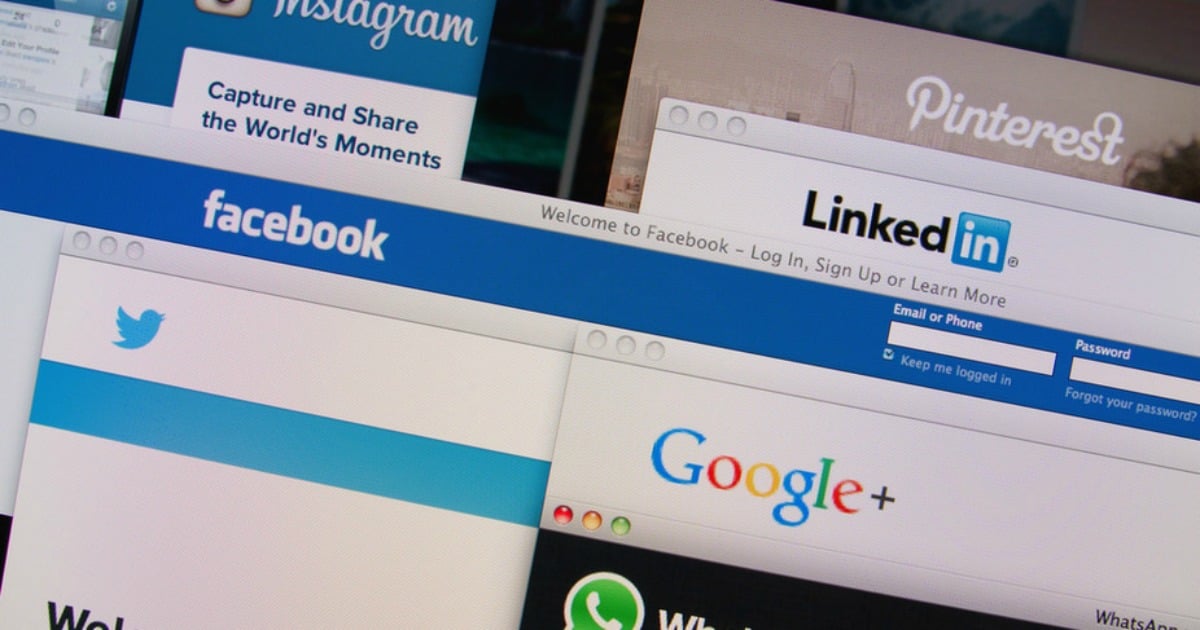
Bruce Baer Arnold, University of Canberra
In the past, so the story goes, we had privacy and dignity – but we kissed it goodbye with a few keystrokes on social media. Life is a bit more complicated than that.
The death of privacy and the erosion of the personal sphere is an internet meme. It is often attributed to social media – Facebook, Pinterest, Flickr, Growlr, Twitter. These are digital communication tools that allow everyone to be an author and connect for free. It is authorship without the burdens of reflection or responsibility, alongside unaccountable surveillance of those authors, friends and readers.
If we step back from our Twitter feeds, we can see that reality is more complicated. Social media does not eradicate the line between public and private. Instead, along with other technologies, it shifts the line in ways that require thought rather than unreflexive condemnation or celebration.
Don’t rush to judge
Few people throughout history have enjoyed much privacy. They were subject to surveillance by family and peers.
The village gossip or neighbourhood busybody spread the news – true or otherwise – as quickly as the people at Instagram or The Daily Telegraph.
The thin red line between personal and public was often a matter of shutting the door or trusting that governments simply lacked the administrative capacity to watch most people.
Social media provides opportunities for awareness about the powerful – governments, corporations and individuals who traditionally sheltered behind hedges, guard dogs and barristers. One example is the information – accurate or otherwise – the Panama Papers on tax evasion provided.




























































































